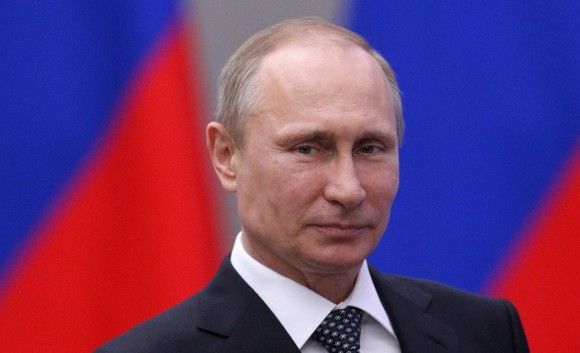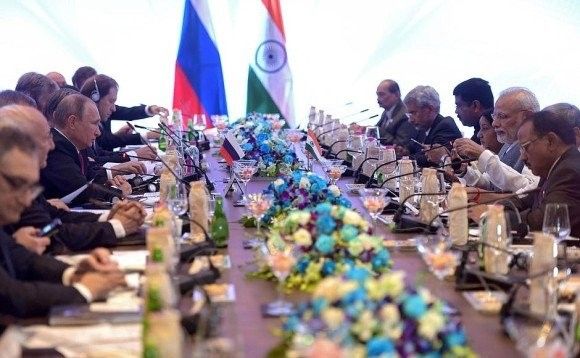Iulian Fota: “Russia is no longer our friend”
Europe is going through the biggest crisis in the last 25 years, and the increasing internal and external threats create a need for new directions in European security policy, especially in the context of the aggressive actions undertaken by Russia on the East and the Islamic State on the South.
According to Michael Christensen, as much as the ISIS’ motives and aims are well-known and generally understood, the Ukrainian crisis introduces a new type of conflict. It puts into question the current way of thinking about the security policy in Europe. Christensen stressed that we should assess Russia’s situation in context and remember that it is in fact rather economically weak country, especially with the oil prices going down. Similarly, we shouldn’t underestimate the power of united European countries. It is not only the European territory that is threatened, but also the European values, such as democracy and respect for human rights.
Mr. Iulian Fota compared the current situation on Crimea to the Hitler’s annexation of Czechoslovakia. “This isn’t an accident, but a conscious strategy aimed at disrupting the current international situation. What follows, we need to concentrate and prepare ourselves for confrontation, and not to forget our obligation to stay united and defend one another. We mustn’t let our preoccupation with Ukraine’s problems lead to the fragmentation of Central Europe. Russia is no longer our friend.”
Tim Dowse added that we are currently in the defining point of European history. While 20 years ago we regarded Russia as our ally, but for the last 10 years she became increasingly difficult partner. “We are afraid that Russia regards herself as a strategic enemy of the EU, and that is an important challenge we have to face”, he stated. Europe should respond to the hybrid conflict that undermines its position and power also in a hybrid way. Although NATO continues to be the major military force on the continent, responsible dialogue on the East and the use of soft power – which the EU has in abundance – are just as important to convince Russia to change its outdated way of thinking about politics in terms of spheres of influence.
Another issue discussed during the opening session was the increasing threat from the ISIS on the South. Christensen advised to regard the Middle Eastern conflict with care. “We shouldn’t think about the Syria and Iraq unrest as a conflict between the West and Islam, as this may create further problems”, he concluded. Louis Gautier tackled the especially complicated connection between the more and more powerful terrorist groups and the unstable economic situation of the African countries. The most urgent problems EU has to face are currently not only the proliferation of European volunteers joining ISIS, but also the rising number of refugees coming to Europe – 120 thousands in 2013 alone.
The discussion of international security issues during the Warsaw Security Forum will be part of the preparations to the UE June 2015 summit. The conference marks the beginning of a series of meetings, during which the EU officials will be discussing the future of the European security.



WIDEO: Defence24 Days 2025: Premier Defence & Security Conference in CEE